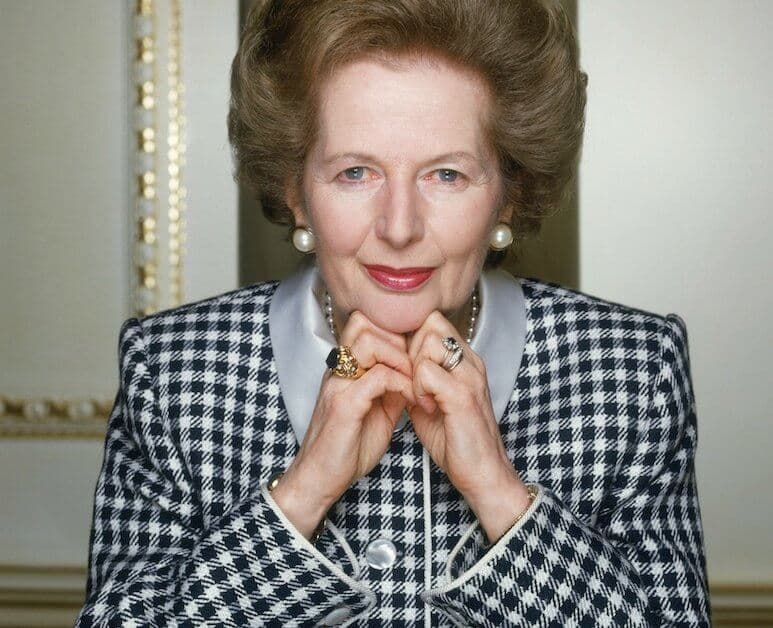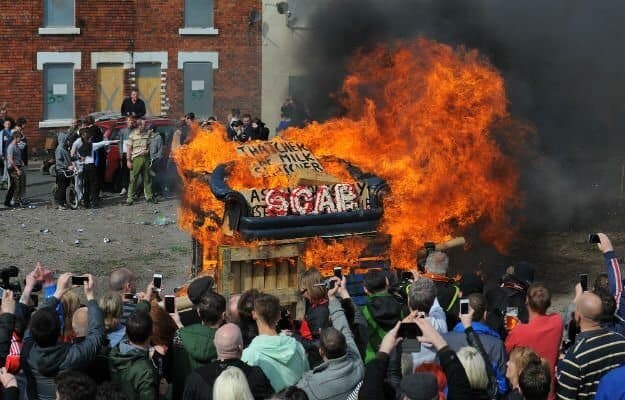British Politicians
British Politicians Throughout History
Here at British Politics Society, we understand the significance that some UK prime ministers and politicians have had on UK society and globally. We couldn't help but spend a little time covering some British prime ministers. We have several blog posts dedicated to different politicians where you can find out more about each one.
Each leader inherited a variety of issues and set about tackling them. Tony Blair came to power heralding New Labour and reinvented what the party was about moving it to a far more central place away from the socialism it what was associated.
Cameron set about tackling a benefits culture where many Britains spent their lives on benefits and never worked from leaving school to their old age.
Margaret Thatcher - The Iron lady
If we were to ask any person to name a British politician from the past or recently, the name that would perhaps come up the most frequently is Margaret Thatcher. After that, it would likely be Winston Churchill.
Churchill, of course, had the hugest of issues of all British leaders. He famously led the British and the allies to victory through the Second World War's horrors when all could have lost everything to Hitler's regime. But perhaps more famous still is the Iron lady. Here's a little of what you can expect in upcoming blog posts.
Maggie & The Miners

Thatcher inherited a very different Britain from the one today in 1979. The country had several industries that were nationalised, including transportation. But, Thatcher was a lover of the free market. Those who lived through the seventies in the UK would recall having to deal with constant strikes, whether it was the binmen or the power cuts due to striking miners who produced the coal for electricity.
Thatcher set out to crush the unions that held the country to ransom for higher wages when the country already had high inflation. Famously she expressed her iron will by stating in her 1980 speech that the lady is not for turning.
The Lady Is Not For Turning
As a believer of the free market, Thatcher maintained that wages and prices naturally find their own levels. She also believed that companies should be run by entrepreneurs motivated by profit, not controlled by the state. To create a UK with a free market economy – without unions demanding what wages ought to be in a dying coal industry – something had to give. Someone would have to suffer. And suffer, the miners and their families did. The miner's strike of 1984-85 lasted a full year in protest of inefficient pit closures that Thatcher planned in favour of cheaper imported coal. In order to get miners motivated to get back to work, she changed the social security system.
Hardship And Hunger

Strikers were not entitled to benefits, but their dependants had previously been. Thatcher banned miners' dependants from claiming anything, including urgent needs payments. The social security department was under the impression that the trade unions were paying miners a minimal payment. But as the strike went on, the trade union funds dried up. The miners received no money.
The children of miners at least got a hot school meal and milk at school. Ignoring the pain of hunger themselves, come bedtime, miners' wives had to put their children to bed, hungry. This naturally caused heartbreak and fuelled a hatred for Thatcher that never subsided.
A Polarising Leader
When Thatcher died in 2013, she was given a state funeral attended by the Queen. This was only the second time the Queen (famously apolitical) attended a prime minister’s funeral, the only other being Churchill’s.
But despite Thatcher being an old lady at the time of her death, and almost thirty years after the miner’s strike, miners wives still held a bitter grudge for her cruelty to their children and burned effigies of the former Baroness. For more mini and more extensive posts about British politicians, check out our blog.


